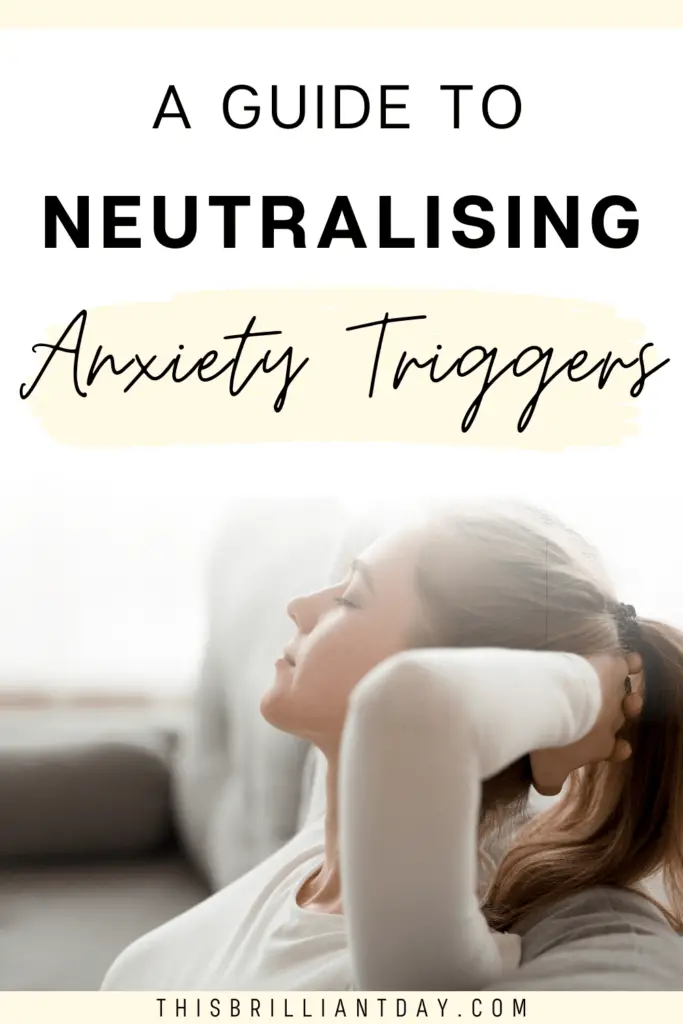This post contains a collaborative portion.
You might find that you get anxious in certain situations. I thought of a way that could help to undo or soften that trigger and gradually neutralise it, at least to an extent: Do something that is similar to the activity where you feel anxious, but without the particular aspect or aspects that make you anxious. You could compare this to inoculating yourself against the anxiety trigger, by giving yourself a smaller dose or a harmless variant.
An example – neutralising anxiety triggers related to playing the piano
I play the piano and frequently have music rehearsals with other people. Lately, I have been feeling anxious during these rehearsals. This month I am trying to relieve my rehearsal anxiety by practising solo piano pieces. Over the past several years, I have hardly played solo piano at all because I have always needed to practice music to play with other people. Therefore, every time I practised, it was linked to a rehearsal or performance that was coming up. This meant I was beginning to feel anxious even when I was just practising.
I decided to try playing some solo piano pieces, and I found that I didn’t get anxious at all while playing them. This was because there was no pressure to perform those pieces or rehearse them with anyone. So I was playing the piano but without the anxiety. I hoped that by doing this regularly, it would establish a feeling of ‘safety’ and ‘being okay’ whilst playing the piano, that would transfer across to my other practice and rehearsals too. So far, I think it really is helping. I rarely feel anxious while practising, and I have been much better in rehearsals, although that is probably due to various factors!
Neutralising anxiety triggers in other situations
I can think of other situations in which you could use this method:
- If you get anxious when speaking in public, try reading stories to your child, reading a book out loud to yourself, or having conversations with a close friend or group of friends.
- If you get anxious in music lessons or rehearsals, try playing some pieces just for fun that you won’t need to play in front of anyone else.
- If you get anxious in crowded places, invite all your friends and family around for a party. Crowd out your house, but with people you are comfortable with.
- If you are afraid of flying in an aeroplane, go on a flight simulator game or ride.
- If you get anxious about socialising with a particular person or group of people, meet up with someone that you are comfortable with and do the same activities and have similar conversations you would have with the anxiety-triggering person.
Different activities may work for different people, depending on the specific aspect of a situation that makes them anxious.
I think the critical thing is that the alternative activity has to be something that does not cause you any pressure or anxiety at all, or at least very minimal. For example, for a fear of public speaking, practising your speeches in the mirror at home may not be effective for neutralising the trigger because it is still linked to a future speech you have to do. But reading a book out loud to yourself is unrelated to any pressures. I also think that if you choose an activity you really enjoy, this will multiply the effect.
For best effects, do this regularly
It’s a good idea to practise your alternative activity regularly- you could even challenge yourself to do it every day for a set period of time. By doing the alternative activity each day, it really helps establish the ‘safety’ pattern, and inject positivity into the related activity. This will gradually break down its connection with anxiety and associate it with positive (or at least neutral) feelings instead.
Alongside your own personal measures to help you manage your anxiety triggers, it can be a very positive thing to look for supplements, vitamins or other medical options to help with the symptoms. Not everyone likes the idea of pharmaceuticals, so a more natural option like PLNTD could be a good idea. Ultimately, in the end, you want to build a process and support for yourself that helps to reduce the amount of anxiety you feel at any given time.


